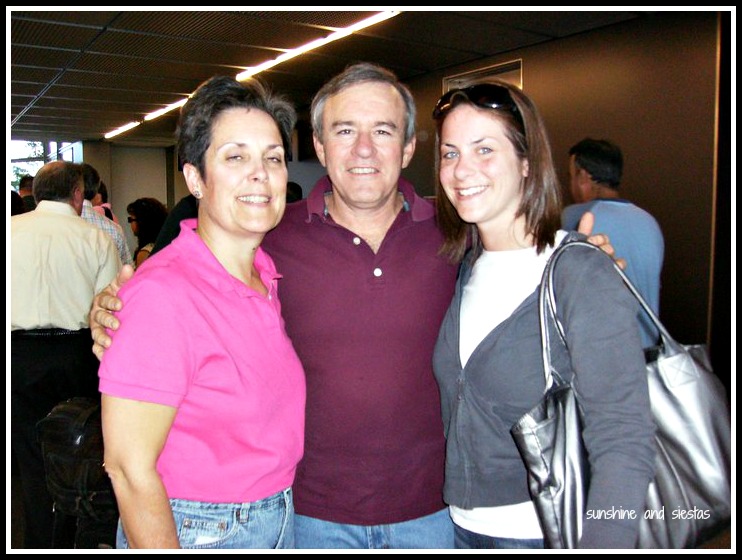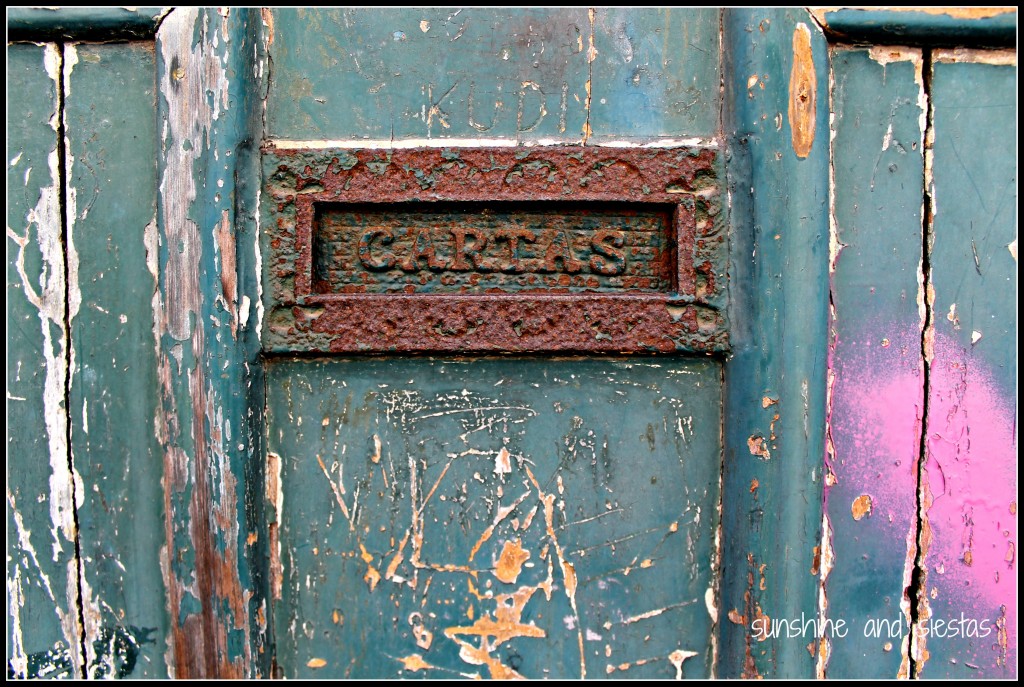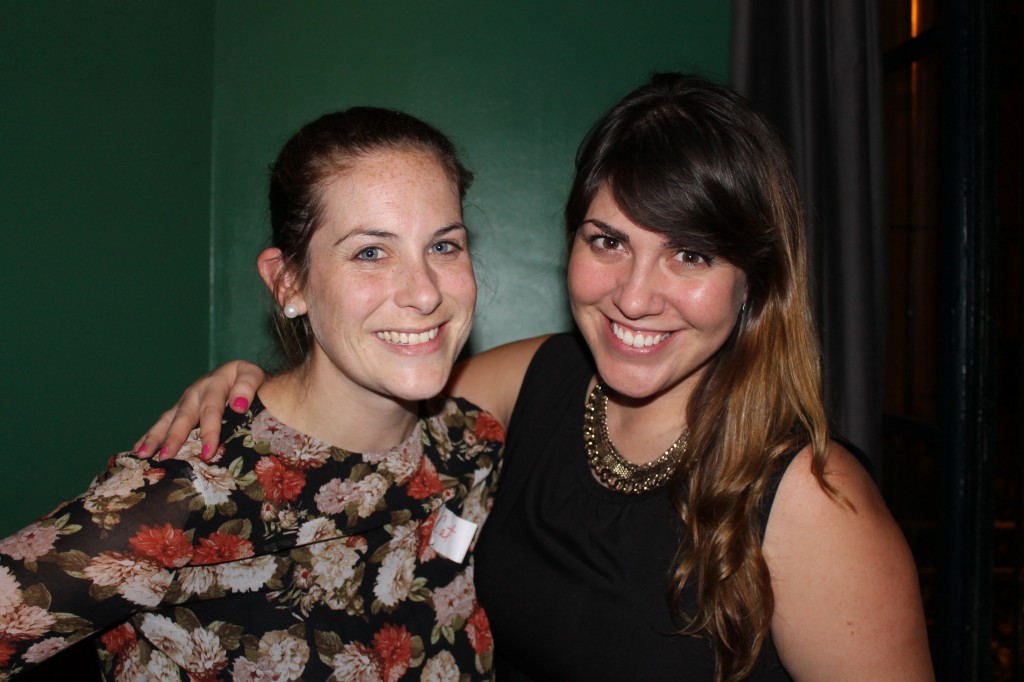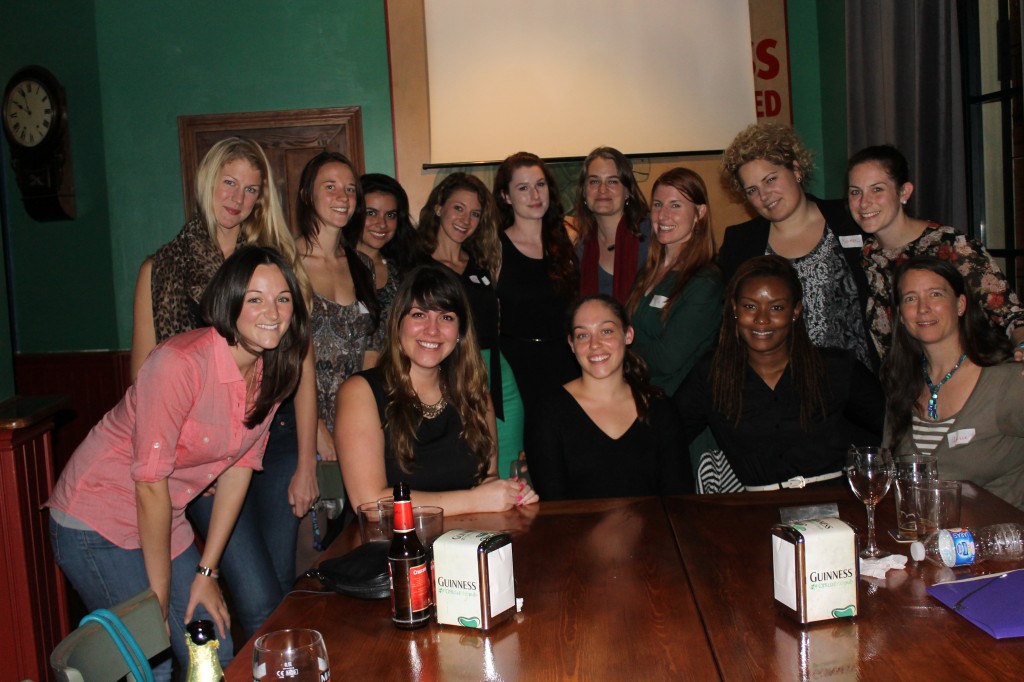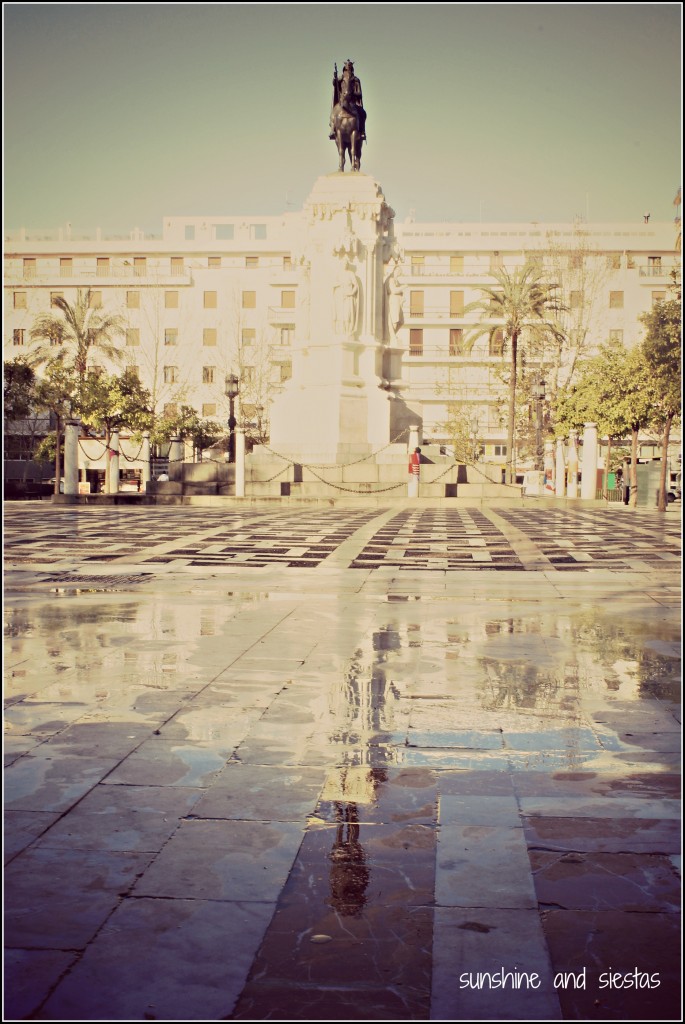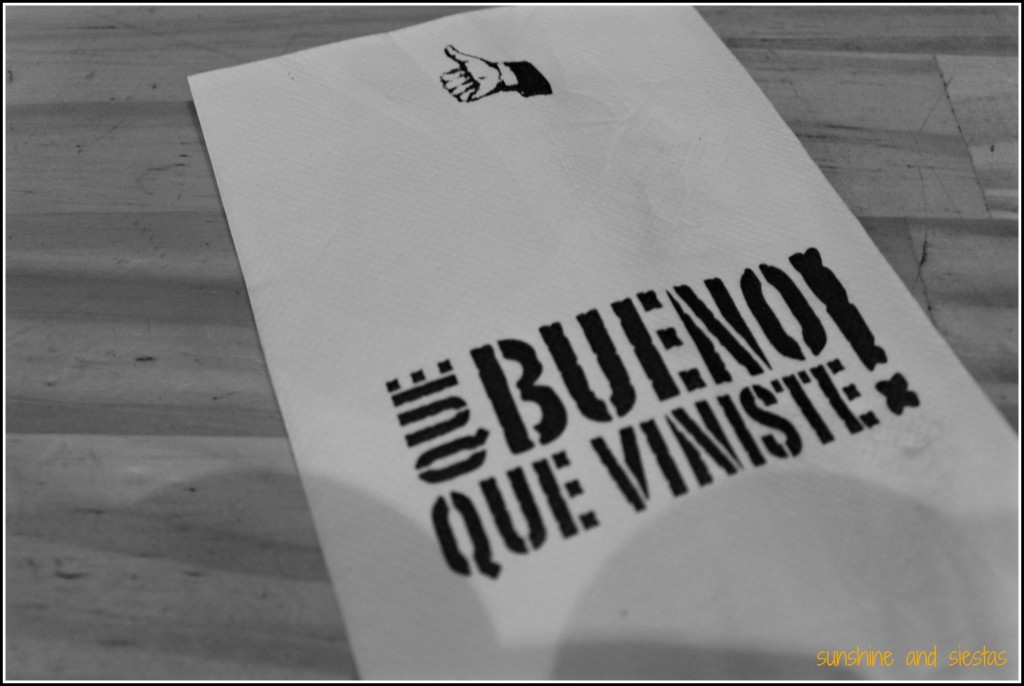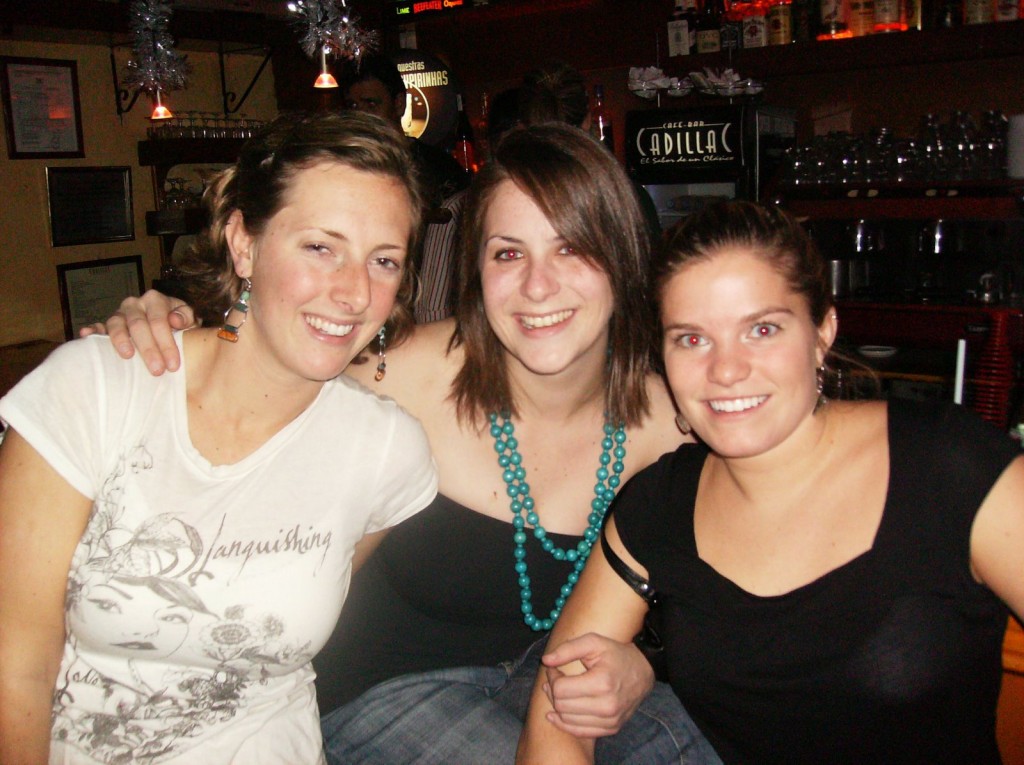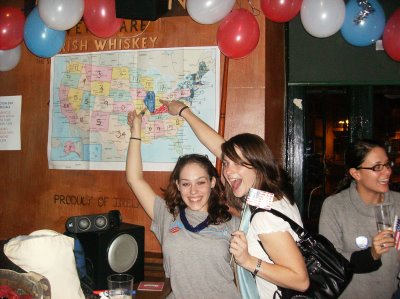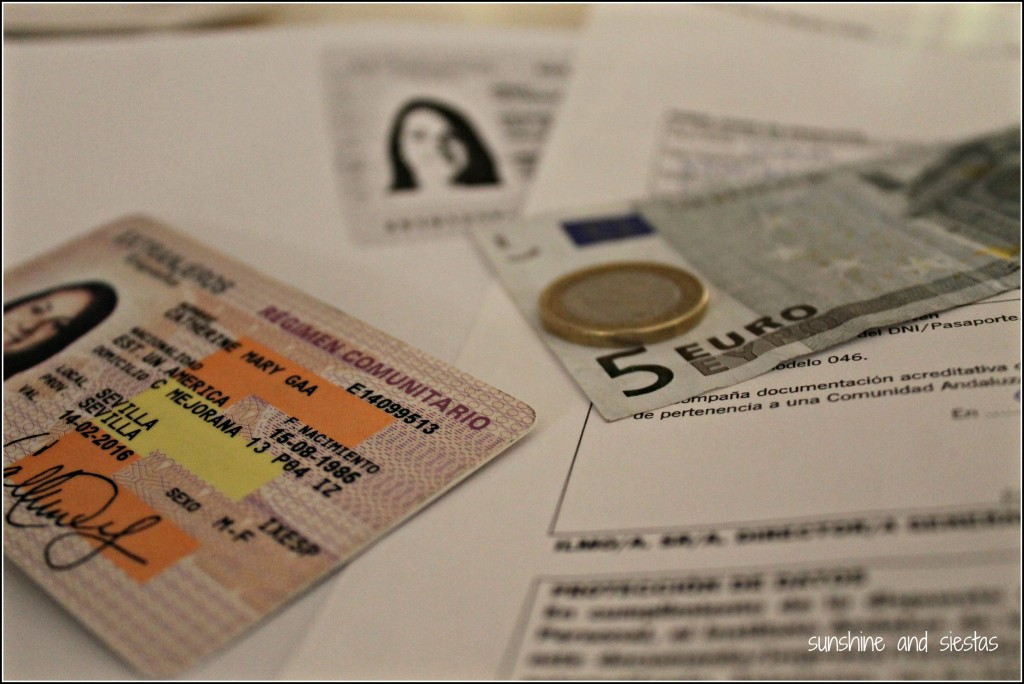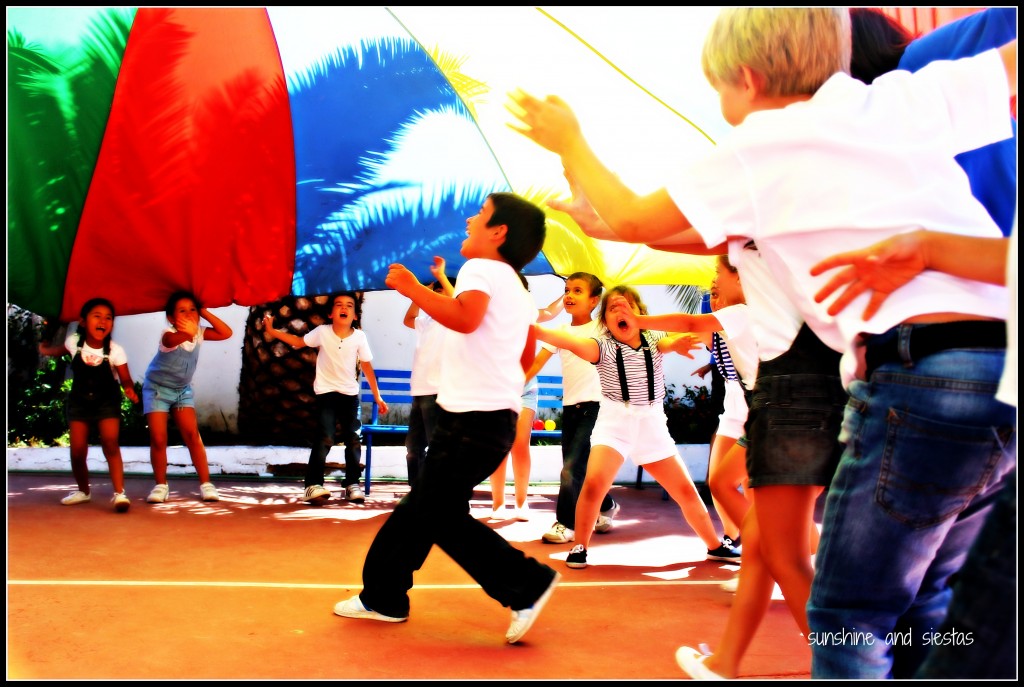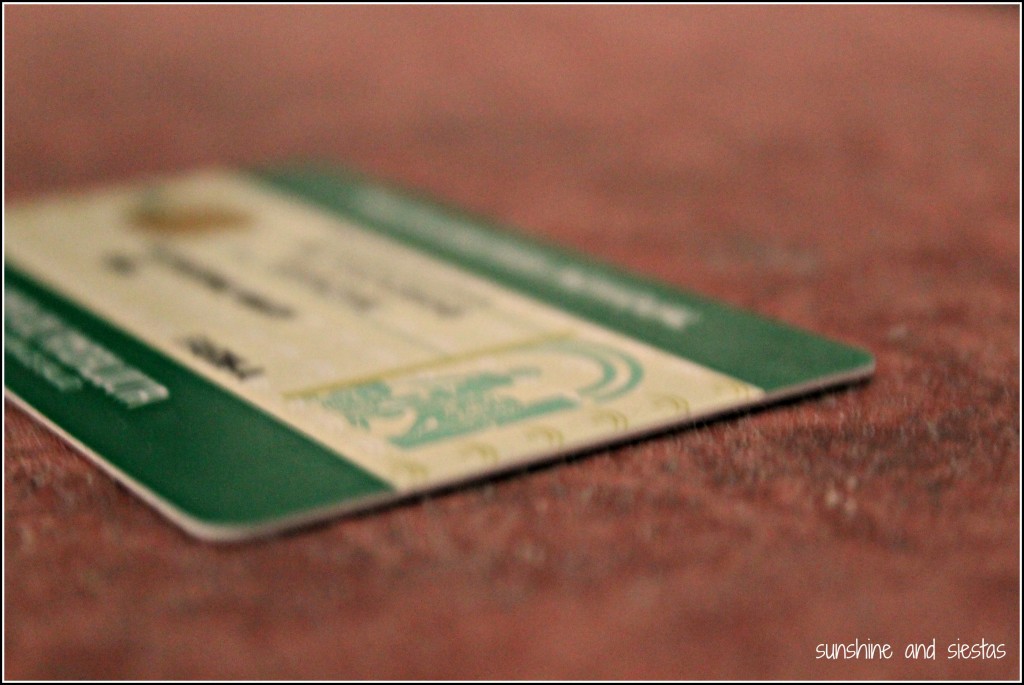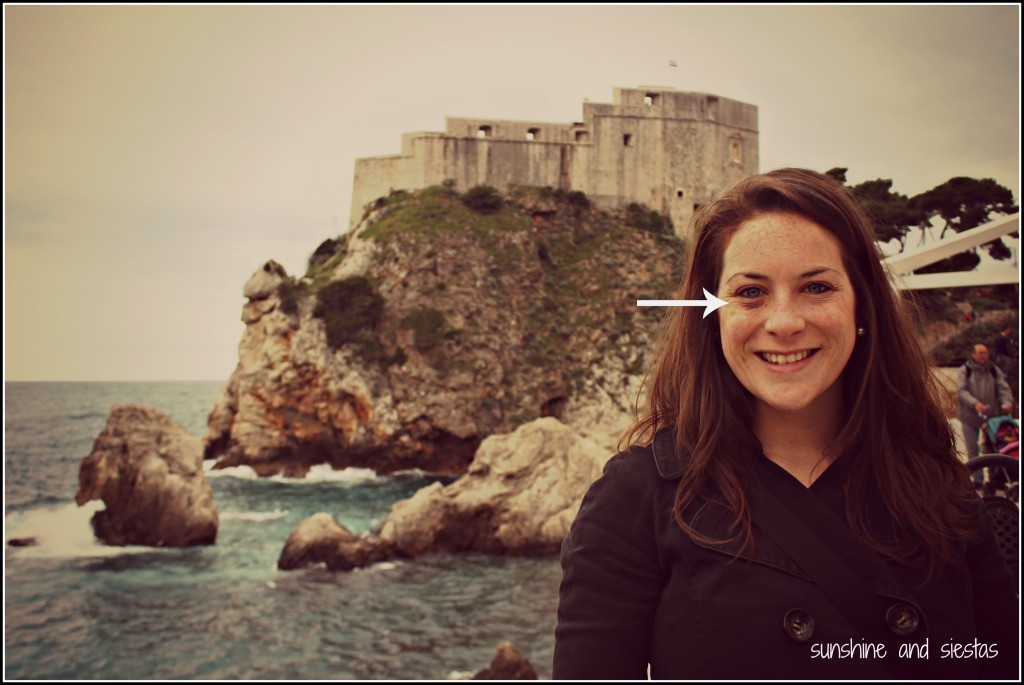If your New Year’s resolution for 2017 is to become an expat, you’ll join thousands of countrymen leaving the country (or, if you’re American, fleeing the Cheeto). While expat life is uncertain, fulfilling, thrilling and, at times, mundane, it’s often a day-to-day challenge.
Information and preparation really are your best tools.
Making sure you’ve got everything in order before boarding the plane will help make your transition to expat life a bit smoother, even past the euphoric period of your first few months. Take advantage of the free resources you have around you, from your local library to websites devoted to expats.
HiFX, a great resource for all those hoping to move abroad, has asked me to contribute to their Expat Tip Page to help make the transition into life overseas for future expats as easy as possible. After agreeing to contribute to the expat page in a couple of weeks, I realized that I actually have lots of tips for people looking to move abroad.
Don’t start packing until you’ve considered the following:
Got a Passport?
No? Get one.
Yes? Is it still valid?
You passport will serve dozens of purposes when you first move away, so it should be up-to-date, valid for at least six months from departure and in good condition. In Spain, I had to use my passport to sign up for my residency card, prove I could rent an apartment, open a bank account and travel outside of the EU. It’s one of my most important belongings, and I’ll soon get one for Micro.
Note that many airlines also require you to have at least 90 days – or even as many as 180 – left to even board the plane. Dig your doc out of your sock drawer and check it out.
Visas
If you’re planning on a long-term move, you’ll more than likely need a visa. Some tourist visas are good for three months or even up to a year, but if you’re planning to work, buy property or study, a tourist visa won’t cut it. Contact your nearest consulate for the requirements necessary, and work to get them together as hastily as possible. Some visas can be sent away for, while still other require multiple trips to the consulate to present and pick up your visa in person.
It’s all good practice, really – in Spain’s case, the waiting will become part of everyday life!
Live the Language
Language can be an Anglo expat’s biggest nightmare as English is not the commonly spoken language. Thankfully, the web is home to countless resources: podcasts, practice exams and videos and songs. I always suggest to my students that they read or watch something that they’re interested in in English, and doing the same helped me learn Spanish. Check out Notes from Spain and Note in Spanish – it’s a great resource for not just words, but also images and culture in España.
Many big cities also have free language courses or refugee centers, and chances are there’s a native speaker you could invite for a coffee. I checked out books and films from my local library to pick up a few extra words and phrases, which sparked an interest in reading travel memoirs. If you’re creative and willing, the possibilities will come.
Once you’re in your new country, consider signing up for a language course, as well – they’re more than worth their while!
Money Matters
Dealing with money is more than just learning to translate your dollars into foreign currency – let your bank and credit card companies know you’ll be away long before you go, research foreign accounts, and if you’re making money abroad, considering opening a separate account in your home country for card payments, student loans or miscellaneous costs that may come up while away. Again, knowledge is power.
In addition, I always make sure to have a small amount of local currency on me when traveling back to the US or Spain, as well as traveling outside the Euro Zone. This way, you can get public transportation to your destination or buy a coffee on a long layover without the hassle of changing money. Traveler’s check are still accepted in large cities; not all businesses in Spain will let you charge a purchase.
And I can’t forget about FACTA: if you’re an American, you aren’t free from taxation without representaton. All Americans must declare worldwide income, even if you didn’t earn any of it in the USA. Look it up in your passport! The IRS operates in various countries around the world; Panama’s IRS Tax office has jurisdiction over Spain.
Making Contact
Your home country will likely have an embassy and one or more consulates in your new country. Be sure to register with them, particularly if you’ll be settling in a place prone to political unrest or natural disasters – it the event that evacuation is needed, you will be notified and offered help.
Americans can sign up for the Smart Traveler Enrollment Program (STEP), which allows constant contact with US embassies abroad. Ambassadors and their staff are also on hand for visa processing, passport renewal, and issuing records.
On that note, be sure to email other expats in your preferred destination to establish a pre-departure network for both information and the almighty rant session when you can’t figure out to unlock your phone/don’t get anywhere with bureaucracy/aren’t sure if you can get your favorite products from home. Expat circles can help you through tough times and get you on track when you first arrive.
Staying in Contact
On my first trip to Spain, Skype hadn’t been invented and many Spaniards didn’t have computers at home – I’d have to use phone cards or local Internet cafes to call home! Nowadays, technology has brought the world together through smartphones and broadband, and there are countless mobile apps for keeping in touch.
Consider unlocking your mobile phone for use abroad, study up on plans in your destination country and set up a listserv or email to let your loved ones back home know what you’re up to. Expats will often list missing friends and family as one of their biggest complaints, so making a conscious effort to stay in touch will help ease homesickness tremendously.
Attitude is Everything
As someone who constantly sees the glass as half full (and has already ordered another one), I think my attitude and grit has allowed me to deal with the frustration, disappointment and headaches that can come from living across the pond. Realize that not every day will be new, or exciting, or even fun. Know that it’s normal. Be open to new opportunities and learning from others. Enjoy it.
All tips listed here are my own because, well, I’ve been through them!
Are you considering becoming and expat, or have you lived or worked abroad? I’d love to hear your tips, as I sometimes deal with expat angst – even after nine years!
